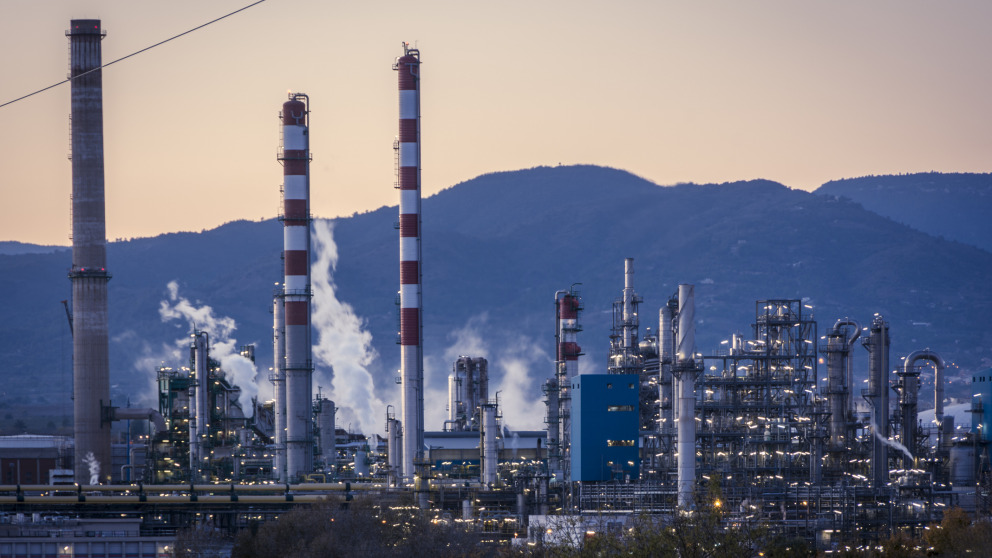Development of standardised guidelines for the techno-economic assessment of carbon dioxide conversion processes
Duration

Research on Carbon Capture and Utilization (CCU) is increasingly becoming important in industry, research, and politics. The result is a greater number of new technologies, for instance to produce chemicals, fuels, and minerals. However, there has not yet been a comprehensive and standardised way of assessing these technologies either technically or economically. This project aims to close that gap by developing guidelines for a determination of the economic feasibility of emerging CCU technologies. Naturally, funders of new technologies are especially interested in transparent and rational comparative assessment approaches. Furthermore, the guidelines will be helpful in communications with all stakeholders. This project is closely related to the "Development of standardised guidelines for the lifecycle assessment of carbon dioxide conversion" project.
When does CCU make economic sense?
Most CCU projects are still in early development phases. When they enter the demonstration phase, greater investments will be needed. The guidelines will make it easier to calculate expected costs and profits. In both this project and the related "Development of standardised guidelines for the lifecycle assessment of carbon dioxide conversion" project, researchers are focusing on CCU approaches to produce methanol, carbonates, and dimethyl ether. Methanol is used as a fuel and raw material for energy and chemicals. Such carbonates as magnesium and calcium carbonate are used as additives in building materials. Dimethyl ether is mainly used as a fuel additive and an energy storage medium. The research team will present and discuss the guidelines in two expert workshops focusing on methodology, applicability, and dissemination.